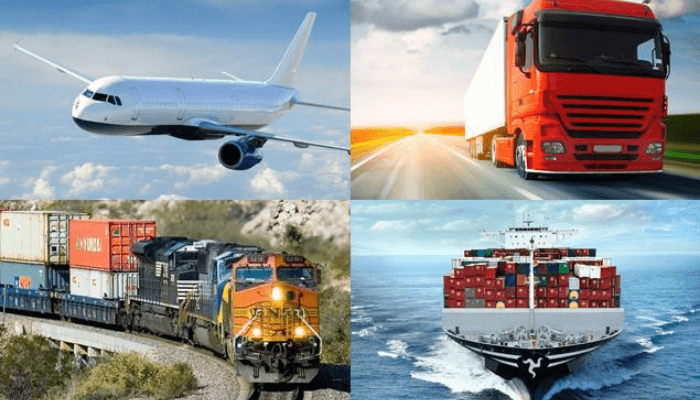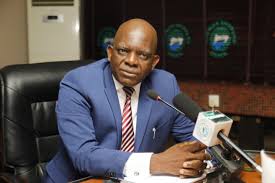
Transport stakeholders have urged President Bola Tinubu, to give the sector a direction, by establishing a clear cut policy that would drive it.
The stakeholders said this in separate interviews with the News Agency of Nigeria, (NAN) in Lagos.
The advice was against the backdrop of assessment of the performance of the President Tinubu-led administration in the sector, in the last one year.
Dr Alban Igwe, member, United Nations Committee on Trade and Transport Location, noted that the transport sector was key to the economic development of any nation, adding that the degree of attention paid to it, would determine the growth of the country.
According to Igwe, at present, it is difficult to measure the direction and the impact of interventions made in the transport sector, noting, however, that the reasons were not far fetched.w
“The country doesn’t have a clear cut direction for the transport sector, what is required for direction is a policy document, this will determine how and where we want to take the transport sector and our economy to,” he said.
Igwe also noted that the many interventions of government, like the Compressed Natural Gas (CNG), had no policy document to run on.
He, however, said that it would be wrong to say that the president had not done something.
According to him, a lot has been done, but the things done so far are not systemic enough, to enable the country record the kind of mileage needed in the sector.
“For example, he has done something on maritime, created the Marine and Blue Economy and Nigeria has extended her Exclusive Economic Zone from 200 to 350 nautical miles, so we have a vast maritime domain to operate.
“Then we have an air industry large enough to be the hub in Africa. Nigeria is a giant and should have an air hub.
These things are achievable if we have a clear policy document, to give direction.
“I expect the president to expedite action in creating a policy document that will tell exactly where we are going in the transport sector,” he said.
He urged the Federal Government to study countries like United Kingdom, noting that empirical evidence showed that its transport sector contributed 67.8 billion pounds (N132 trillion) in 2023.
“Now the budget of Nigeria in 2024 is N28.7 trillion. The contribution of transport alone in the UK is almost five times our budget.
“This means they if we are well organised. There is a potential for the transport sector to fund our budget, if the directions are properly stated,” he said.
Dr Oluwasegun Musa, Chairman/Chief Consultant, Global Transport Policy (GTP), said that the Federal Government must work with the private sector the to make the transport sector effective.
Musa added that President Tinubu had put a lot of structures in place, that when implemented, would impact positively on the sector.
He, however, regretted that there was no political will to drive all the ideologies.
The Chairman pointed out that most of the ideas or concepts seen and read, were still in the pipeline, adding that this was not encouraging as such things in the pipeline could end up getting stuck.
Musa said that stakeholders in the transport sector need to see things on the drawing board, where all could assess, commend and criticize constructively, to bring the best out of it.
“In transportation, you need to engage the critical actors for you to achieve your projection and that, I noticed, the President has not been doing.
“I had expected that immediately he stepped into office, he will look at where the last administration stopped and what made that administration fail in the transport policy drive.
“The President needs to reactivate the conversation with the private sector. It is not easy for them to invest in things, jumpstart the process and government will remain aloof, without any form of encouragement,” he said.
According to him, the private sector is ready and willing to partner with government, to see that all the modes of transport are driven to success.















